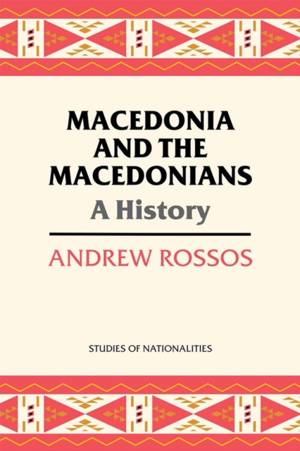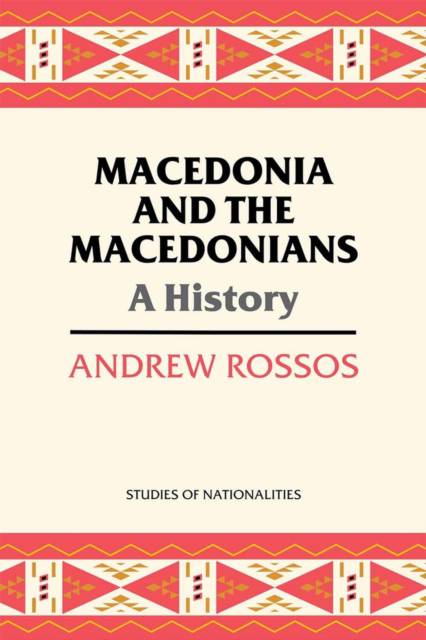
- Afhalen na 1 uur in een winkel met voorraad
- Gratis thuislevering in België vanaf € 30
- Ruim aanbod met 7 miljoen producten
- Afhalen na 1 uur in een winkel met voorraad
- Gratis thuislevering in België vanaf € 30
- Ruim aanbod met 7 miljoen producten
Zoeken
€ 34,95
+ 69 punten
Uitvoering
Omschrijving
Throughout history, every power that has aspired to dominate the Balkans, a crucial crossroads between Europe, Asia, and Africa, has sought to control Macedonia. But although Macedonia has figured prominently in history, its name was largely absent from the historical stage, representing only a disputed territory of indeterminate boundaries, until the nineteenth century. Successive invaders-- Roman, Gothic, Hun, Slav, Ottoman-- passed through or subjugated the area and incorporated it into their respective dynastic or territorial empires. This detailed volume surveys the history of Macedonia from 600 BC to the present day, with an emphasis on the past two centuries. It reveals how the "Macedonian question" has long dominated Balkan politics and how, for nearly two centuries, it was the central issue dividing Balkan peoples, as neighboring nations struggled for possession of Macedonia and denied any distinct Macedonian identity-- territorial, political, ethnic, or national. The author concludes that Balkan acceptance of a Macedonian identity, nation, and state has become a necessity for stability in the Balkans and in a united Europe.
Specificaties
Betrokkenen
- Auteur(s):
- Uitgeverij:
Inhoud
- Aantal bladzijden:
- 392
- Taal:
- Engels
- Reeks:
Eigenschappen
- Productcode (EAN):
- 9780817948825
- Verschijningsdatum:
- 1/07/2008
- Uitvoering:
- Paperback
- Formaat:
- Trade paperback (VS)
- Afmetingen:
- 147 mm x 226 mm
- Gewicht:
- 612 g

Alleen bij Standaard Boekhandel
+ 69 punten op je klantenkaart van Standaard Boekhandel
Beoordelingen
We publiceren alleen reviews die voldoen aan de voorwaarden voor reviews. Bekijk onze voorwaarden voor reviews.











